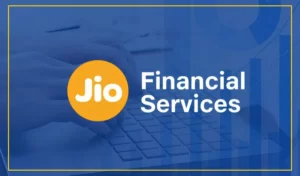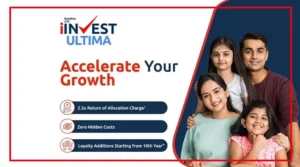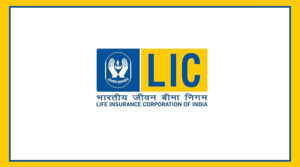An EMI (Equated Monthly Instalment) is a fixed monthly payment you make to repay a loan, including both interest and principal.
A SIP (Systematic Investment Plan) is a way to invest a fixed amount regularly in mutual funds to grow your wealth over time.
In short: EMIs help you repay debt, while SIPs help you build wealth.
Both are important for personal finance, but how you prioritize them can make a big difference to your financial health and long-term wealth creation.
Why “Pay Yourself First” Matters
The concept of paying yourself first means investing part of your income before paying other bills or EMIs.
By starting a SIP early, you take advantage of compounding returns — the ability of your money to generate returns on itself over time.
This approach helps you build wealth while still repaying loans, instead of just focusing on debt.
Weighing the Pros and Cons
EMIs: Help clear debt and provide peace of mind, but they don’t generate returns.
SIPs: Can potentially create wealth over time, but are subject to market risks.
If your loan has a low interest rate, it might be better to invest extra money in SIPs rather than prepaying the loan.
For high-interest loans, prepayment can make more economic sense.
The key is to compare loan interest rates, potential SIP returns, and your financial goals.
How Early SIP Investments Can Make a Big Difference
Investing early through SIPs takes advantage of compounding — returns earn returns, growing your wealth exponentially.
For example:
Investing ₹5,000 per month in an equity mutual fund with 12% annual returns for 20 years can grow to over ₹35 lakhs.
Prepaying a loan with the same amount may only save a fraction of that, depending on interest and loan tenure.
This shows how saving first can help you build a substantial corpus while still paying off your debt.
Balancing Debt Repayment and Investments
The best approach is to repay debt and invest simultaneously:
Continue paying your regular EMIs.
Invest a portion of your free income in SIPs.
This strategy ensures you reduce debt, accumulate savings, and work toward financial independence without compromising either goal.

























